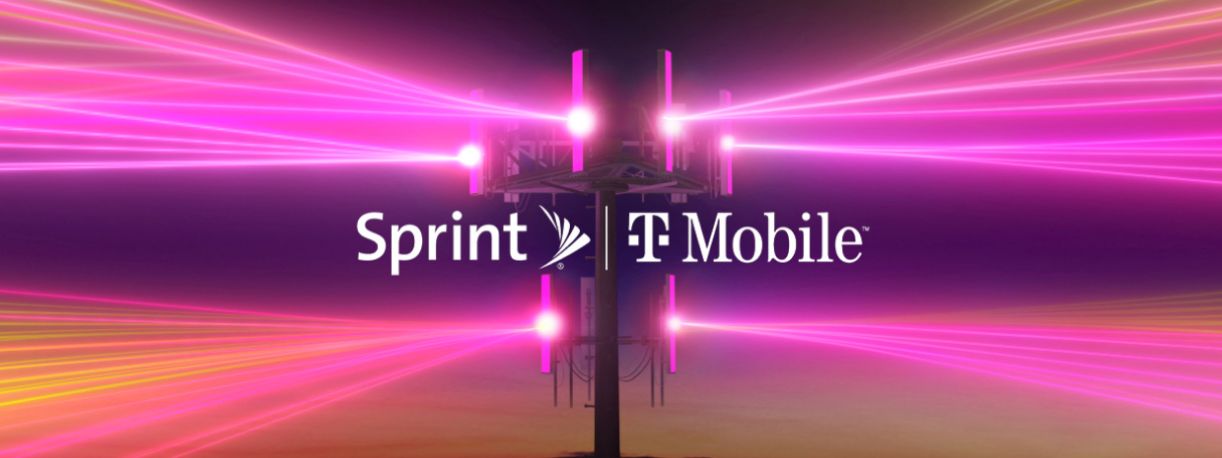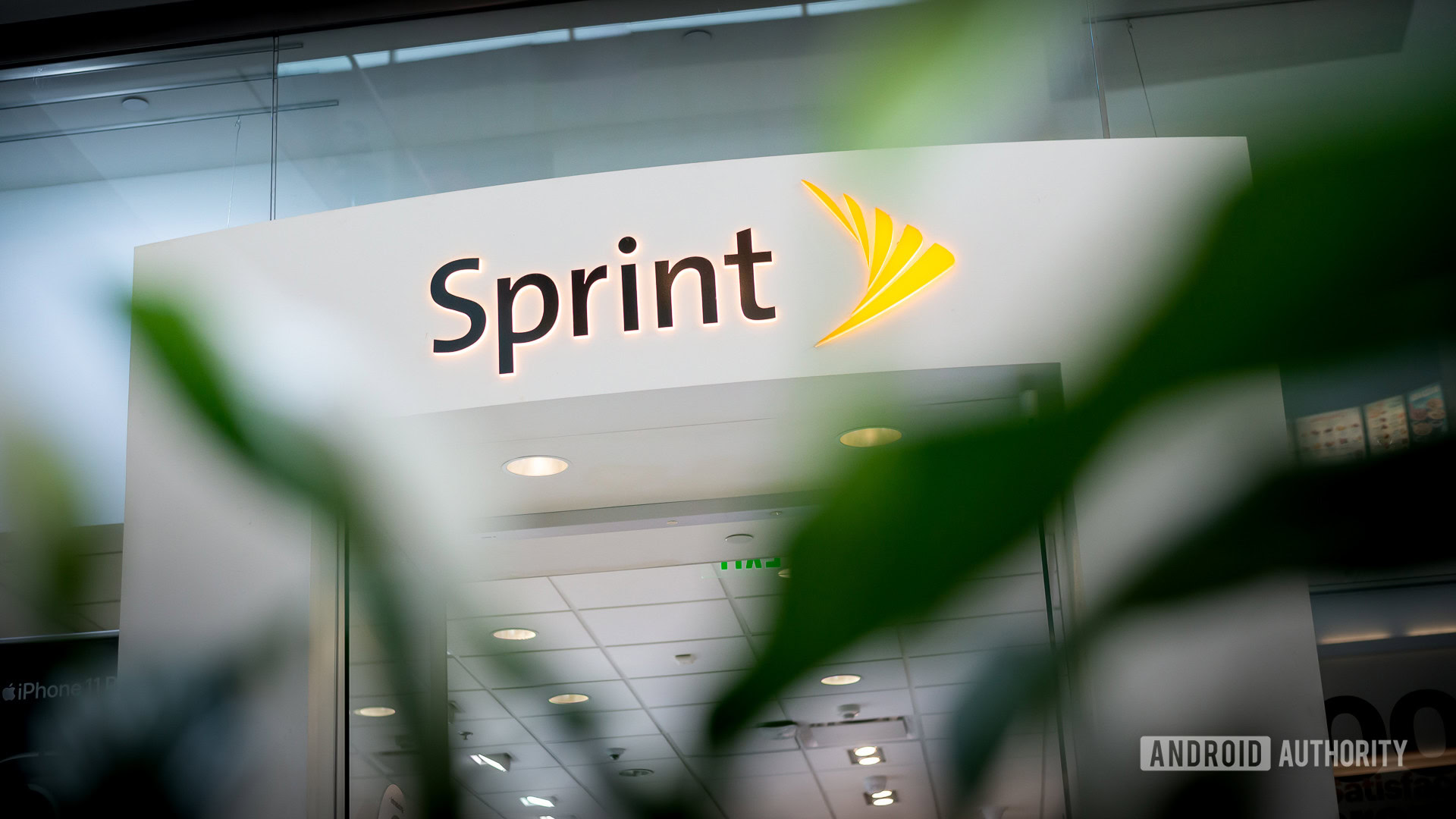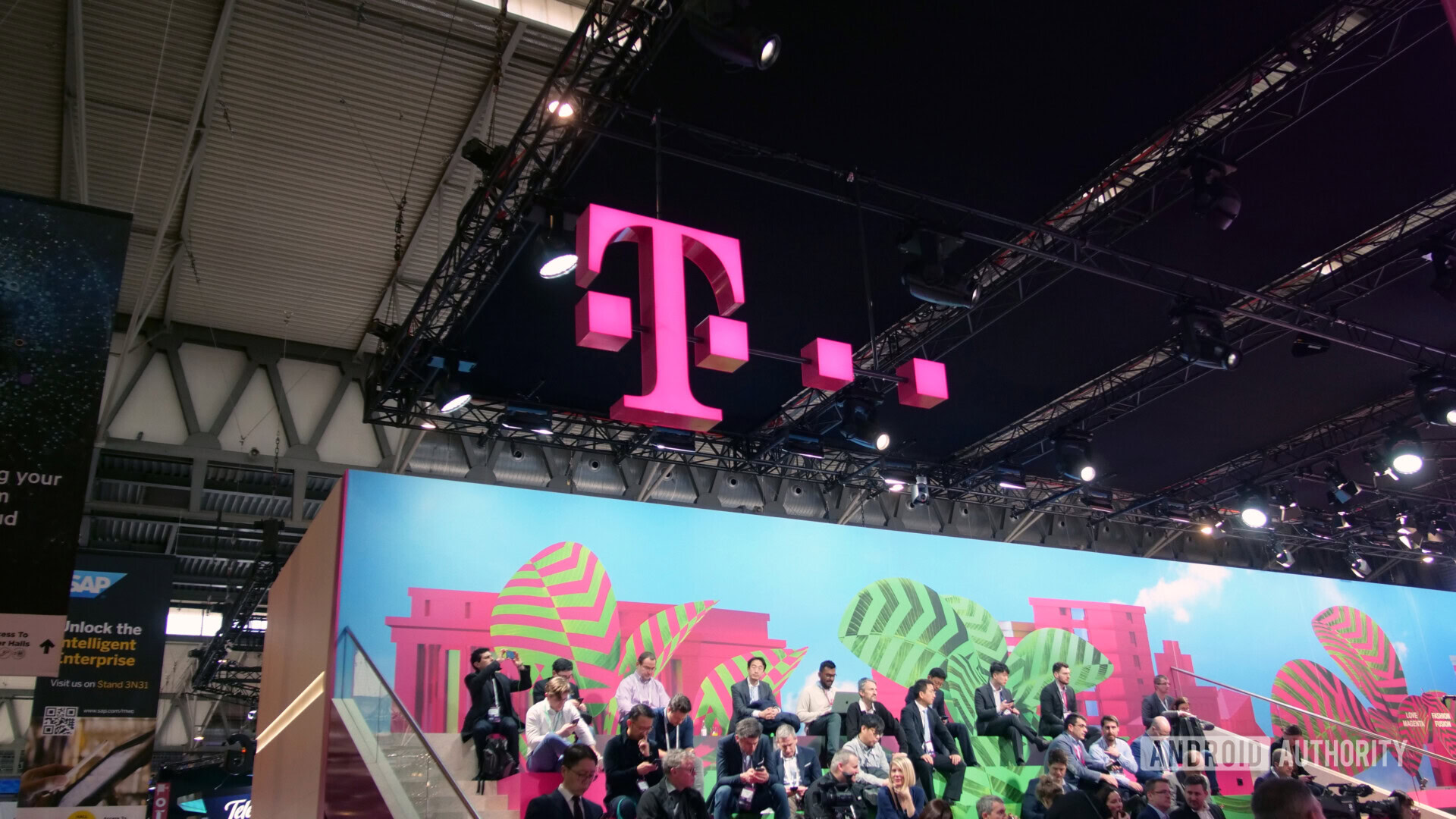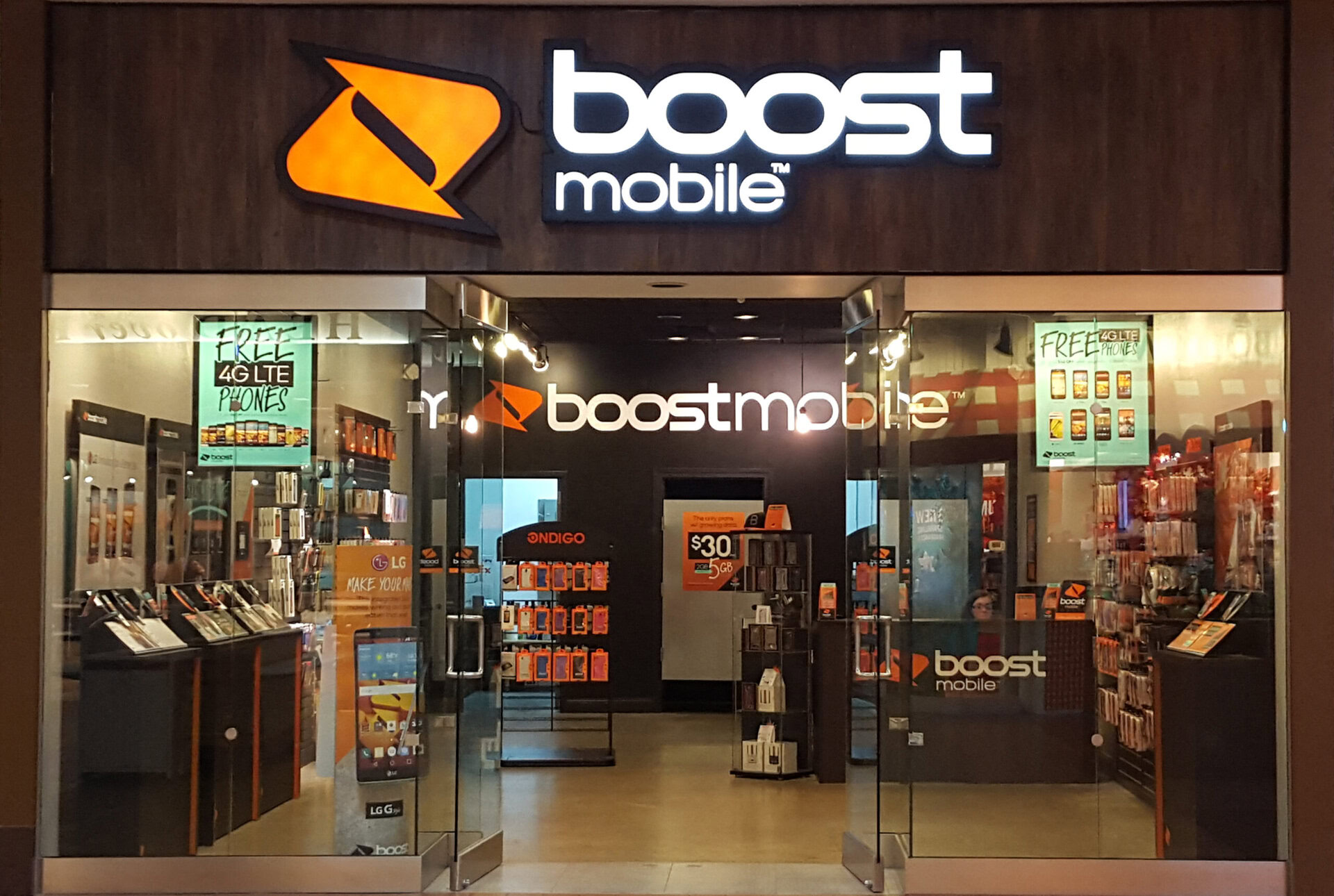Affiliate links on Android Authority may earn us a commission. Learn more.
The T-Mobile-Sprint merger is complete: What does it mean for customers?
Published onApril 1, 2020

Nearly two years after it was first announced, the deal to merge T-Mobile with Sprint has finally happened. The combination of the third- and fourth-biggest wireless carriers in the US means that the newly merged company, T-Mobile, now has over 140 million wireless customers. That actually puts it ahead of Verizon Wireless, which has 117 million wireless customers, but still well behind AT&T with its 153 million customers.
So now that the T-Mobile-Sprint merger is over and done with, what’s next? What does this mean for T-Mobile and especially for Sprint and its current customers? What does this mean for the wireless carrier industry as a whole? Let’s take a quick look at the consequences of the T-Mobile-Sprint merger.
What does this mean for T-Mobile customers?
In a word, nothing. T-Mobile bought Sprint for $26 billion and the newly merged company has the name T-Mobile. Those customers should have nothing to worry about for now. T-Mobile has pledged to keep prices for its plans at the same level for the next three years.
What does this mean for Sprint customers?

Sprint’s FAQ page about the merger with T-Mobile states that those customers won’t see anything change in the near future. They can still keep their smartphone or tablet, and they can still keep their same Sprint wireless plans. The brand itself is also not going away anytime soon, according to the FAQ. The brand, along with Sprint stores and customer support, are also sticking around.
However, the FAQ page does state that “over time everything will evolve to T-Mobile.” That means at some point, the Sprint brand and plans will disappear. Sprint’s network will also merge with T-Mobile’s. The company claims it will have up to 14 times the capacity that T-Mobile currently has today within six years.
The short answer is Sprint customers don’t need to do anything today. However, sometime in the next few years, they will either have to switch to T-Mobile’s merged network or switch to another carrier.
Can we expect price increases?

That’s one of the things that T-Mobile has said won’t happen, at least on its end, for the next three years. The carrier has pledged to keep prices for its wireless plans the same (or lower) during that time period. After that… well, we will see.
What does this mean for expanding 5G service?
T-Mobile has already launched its nationwide 5G network with support for over 5,000 US cities and towns. It uses a low-band 6GHz signal, but it’s not as fast as the 5G solutions from Verizon or AT&T. However, T-Mobile claims that in six years, its 5G network will be accessible to 99% of the US population and that 90% will have an average download speed of 100Mbps. Again, we will have to see if T-Mobile can keep this promise through the T-Mobile-Sprint merger.
What about Virgin Mobile USA and Boost Mobile?

Virgin Mobile USA is done. All of its current customers have been moved over to Boost Mobile.
Boost Mobile will soon be in control of Dish Network, which will be buying the no-contract carrier from T-Mobile. Dish will also buy some of Sprint’s spectrum from T-Mobile for a total of ~$6 billion. The goal is for Dish to form a new national wireless network, which will technically compete with the other three carriers. Dish will begin building that 5G network over the next seven years. In the meantime, it will use T-Mobile’s network in a MVNO agreement in order to serve Boost Mobile’s customers.
What does the T-Mobile-Sprint merger mean for the entire industry?
At the moment, there won’t be any noticeable changes, as T-Mobile plans to keep current Sprint stores, plans, and customers separate from its current T-Mobile operations. We likely won’t see the Sprint name or stores disappear for the next few years.
However, at some point, the Sprint name will go away, and there will just be T-Mobile with its combined network and customer base. In three years, T-Mobile’s commitment to keeping plan prices the same will be over. Will T-Mobile raise prices at that time, or will the competition from AT&T and Verizon keep the prices down? That’s something we simply cannot answer yet. We also don’t know how good this “fourth network” from Dish will be once it gets built in seven years.
What do you think of the T-Mobile-Sprint merger? Will it be good for customers or will it ultimate cause a big rise in prices and a lowering of competition and innovation?